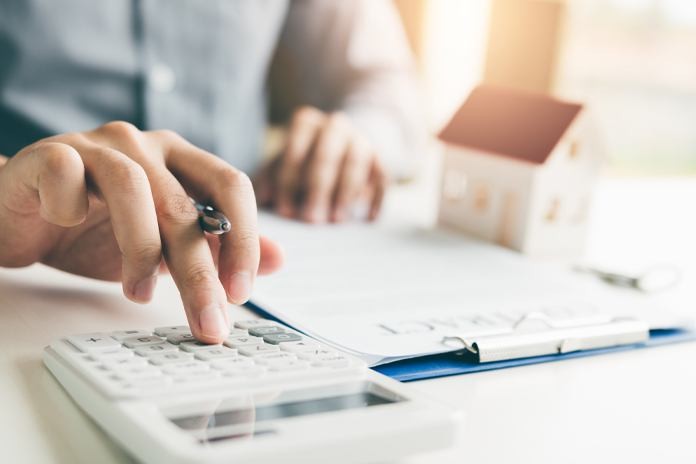
When buying a home, you’re going to come across all sorts of new terms and acronyms. One that you’re likely to see or hear is private mortgage insurance (PMI). Whether you’re buying your first home or your forever home, PMI is something that you’ll want to know about and understand, so you can be an informed homebuyer and make the right decisions as you proceed with the mortgage process.
What is PMI?
When taking out a mortgage to fund the purchase of a home, mortgage insurance may be one of the components of your regularly scheduled payments. Private mortgage insurance, also known as PMI, is a type of insurance that's required for most conventional loan borrowers who put down a low-down payment. PMI is typically required on conventional loans where the borrower puts down less than 20% of the home's purchase price as a down payment. For example, if you purchase a home for $300,000, you would typically need a $60,000 down payment to avoid paying PMI each month. PMI only applies to conventional loans, though other types of loans, such as FHA loans, have similar insurance known as mortgage insurance premiums.
What role does it serve?
With every financial transaction come varying levels of risk, and risk is usually mitigated through the use of insurance products. In mortgage and real estate PMI helps protect your mortgage lenders in the event that the homebuyer defaults or stops making payments on the loan.
One of the greatest benefits of PMI is that it allows prospective homebuyers the opportunity to become homeowners in the event that they can't afford a 20% down payment.
Another good news is that PMI isn't something that you necessarily have to pay over the entire life of your mortgage loan. Once you've reached 20% equity, we strongly recommend you can contact your lender to explore and discuss the possibility of removing PMI.
When is it used?
PMI is used when a borrower brings less than 20% to the table. A smaller down payment requires your lender to assume additional risk. In turn, a lender requires PMI by accepting a lower amount of upfront money towards the purchase of the home. PMI rates depend on your lender, though the average annual cost ranges from 0.58% to 1.86% of the original loan amount. Your credit score also has a direct impact on your PMI rate. The higher your score, the lower your PMI rate is likely to be.
How can a homebuyer avoid it?
The easiest, most straightforward way to avoid paying PMI is to make a down payment that is equal to at least 20% of the purchase price of the home. This way your loan-to-value ratio is 80%, which means less risk for the lender. Of course, a sizable down payment isn't feasible for all buyers, which is why a considerable number of homeowners have to engage in a mortgage contract that includes private mortgage insurance.
However, if a sizable down payment of 20% is a challenge, this is where working with a lender like Diamond Residential can really pay off. We can work with you and determine eligibility for a number of programs, based on eligibility factors such as the location of the property you are buying (USDA) or whether you qualify as a military veteran (VA). We can also explore to see if there may be any programs and incentives for which you may qualify that would lower the required down payment amount.
It starts with a call or an email. Contact us today to discuss your lending needs.
